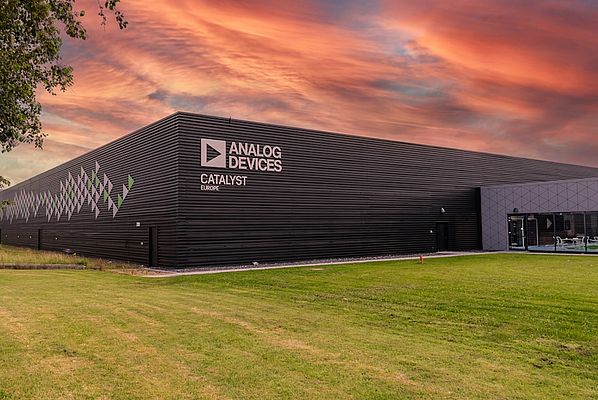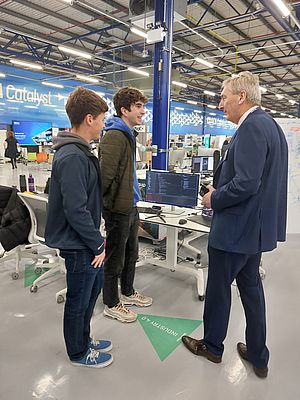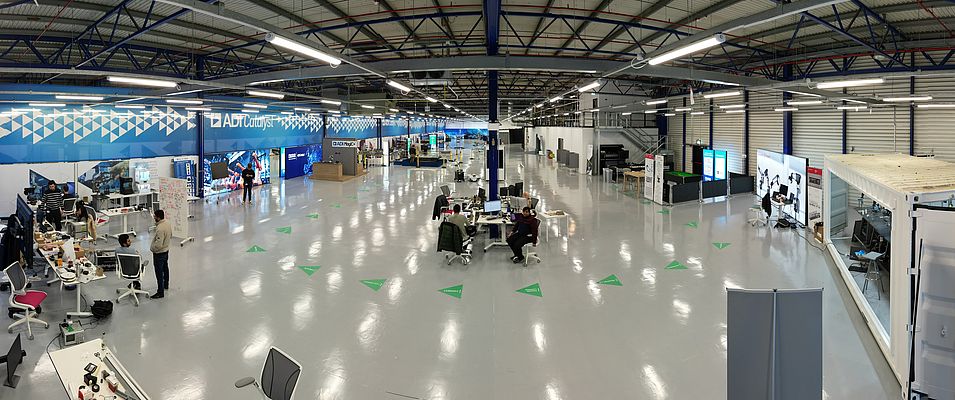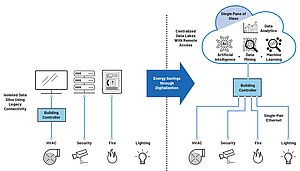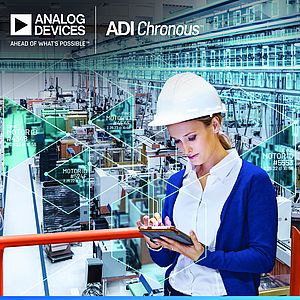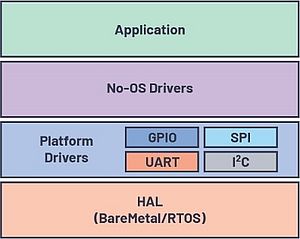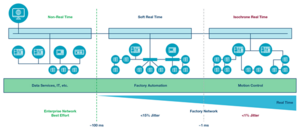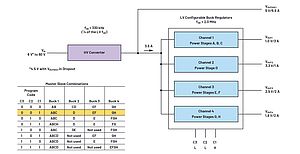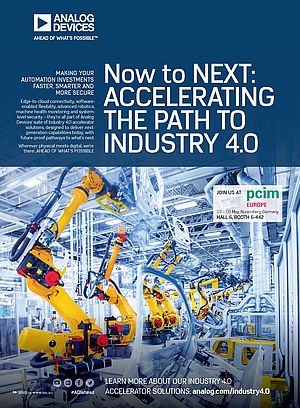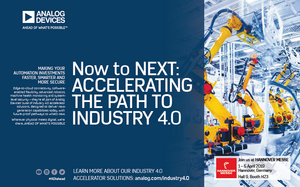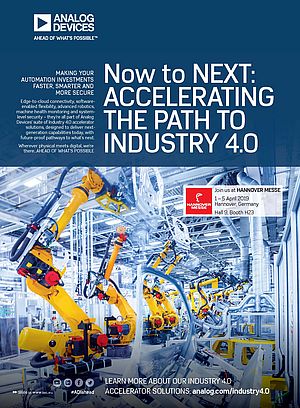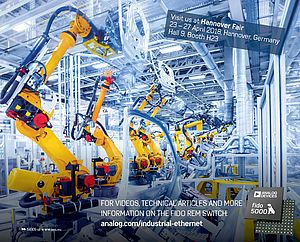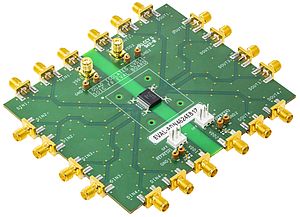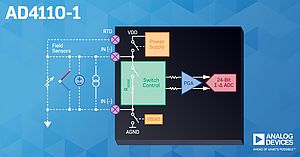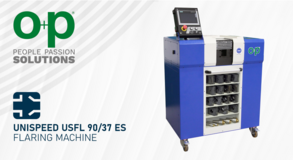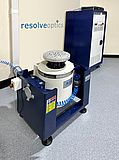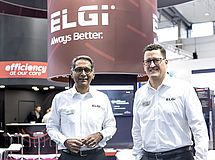ADI's strategy has altered as it has developed over the past years and this collaboration hub shows how important the focus to strengthen collaborative partnerships with the customer has become. “The customers are taking ADI to the end user - to the consumer- to meet everyone’s needs” says Martin Cotter President of ADI EMEA.
With the Catalyst™ as an R&D environment and its test beds stretching about 100,000 square feet ADI is looking for cooperation and co-creation by creating a work environment where employees of the firm may interact with their counterparts from other clients' operations to achieve more fully formed solutions with ADI’s expertise.
A treasure of knowledge and innovation
ADI is currently the second-largest producer of patents in Ireland. According to Mike Morrissey, Director of the ADI Catalyst, there are about one thousand R&D engineers available in Ireland to work with. Developing engineering skills is an important objective for ADI’s Limerick operation. To guarantee the access to this genuine goldmine of talent and to support the student admission, it has partnered with the University of Limerick by establishing and funding an Immersive Software Engineering degree program. Students in this course can furthermore complete placements at the ADI Catalyst facility.
With this foresight and the company’s expertise in the different domains of analogue, digital, software, and AI algorithms the management of ADI Catalyst sees significant development potential in many key sectors.
Industrial innovation for industrial automation
ADI engineers collaborate on exciting projects for a range of industries with partners like Vodafone, Munich Electrification, Intel Corporation, Johnson & Johnson, Varjo, and Austrian Radio. These include better battery management for the next stages of e-mobility, sensors and communication technologies for the smart factory and Industrial IoT, and energy-efficient drives for automation technology.
The world of semiconductor is becoming critical for every industry
“The healthcare sector is asking for personalized solutions” says John O’Donnell, Director of Applied Technology Development at Johnson & Johnson Advanced Technology Centre. Making automated manufacturing lines more versatile is one of the problems that ADI and Johnson & Johnson, the pharmaceutical and healthcare brand, are attempting to solve at the Catalyst. The aging population requires more solutions and larger volumes, so the portfolio is growing. But access to talent is decreasing. This requires the use of automation. Today J&J has their own production line, but the trend is to be more dedicated, more flexible, more customer-oriented and more adaptable. They succeeded to improve handling high product mix requirements and make switching between different stock keeping units (SKU) easier.
Reducing the energy consumption of factories' old motor drives, creating incredibly detailed digital twins, fostering safer interactions between human coworkers and cobots, and reducing communication infrastructure latency to improve system responsiveness are additional areas of the industrial domain on which ADI research resources are being directed.
Collaboration on Electric Vehicles
Working with ADI at the Catalyst is the German company Munich Electrification. Their incentive is to optimize battery management system (BMS) efficacy regarding electric vehicle (EV) powertrains. ADI is the world's leading provider of BMS systems with more than 17 million systems shipped. Currently, 16 of the world's top 20 electric vehicle manufacturers use ADI BMS systems.
A big problem with electric vehicles is that the weight of their wiring harnesses is so great that it significantly reduces their range and therefore requires them to be charged more often. This increases the overall costs significantly and requires a lot of space in the vehicle. For this reason, the two companies have collaborated on an alternative BMS design that continuously and securely exchanges temperature, voltage and current data resulting in compact batteries and EVs with higher ranges.
This technology is not only interesting for the automotive industry, but also for energy storage systems.
“We need to design for the battery, and to bring more intelligence into the design of batteries. Data has become the heart of everything, but that data is moving back from the cloud, where it went 10 years ago, to the edge, to be available immediately.” suggests Shalini Palmer, Corporate Vice President at ADI EMEA.
The importance of innovation can be seen in mobile data traffic: improving technology has reduced energy consumption to less than 1%. Otherwise, data would consume up to 84% of the energy. In collaboration with Vodafone, ADI will deploy a private 5G network on the assets. The mobile network operator is working with ADI engineers to find ways to reduce power consumption of the radio access component of networks as the amount of data processed increases dramatically.
With the 5G network, cobot control, performance testing, and data collection from IIoT nodes will become easier.
The challenges of our time can only be solved together. We need collaboration accelerators like the Catalyst in Limerick: a co-creation space where the feeling of being able to work with and learn from each other in a familiar collaborative environment with the skills of ADI technologies to rapidly develop leading solutions which translates into more hope for our future.


